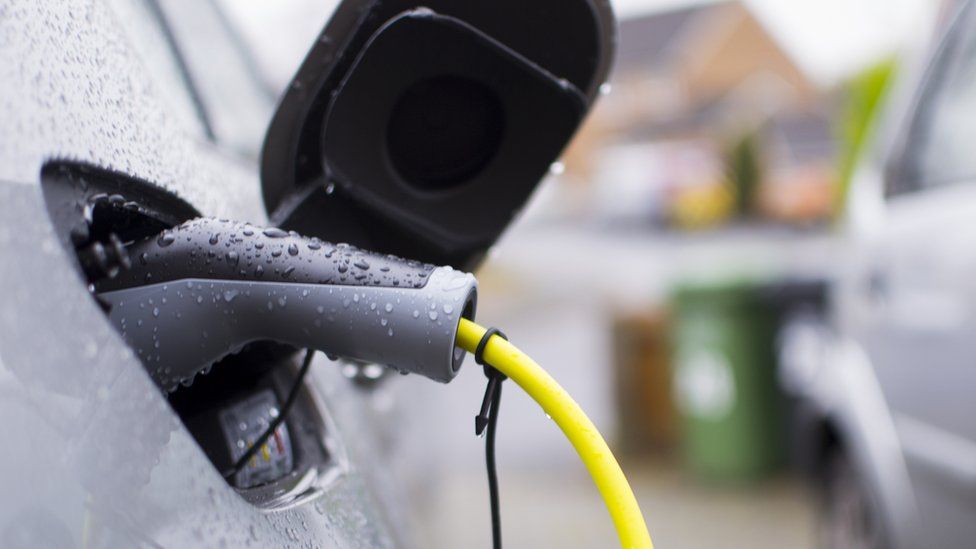ARTICLE AD BOX
 Image source, Getty Images
Image source, Getty Images
By Simon Jack
Business editor
The chancellor is to announce millions of pounds more in funding for companies wanting to manufacture batteries for electric vehicles.
In a signal aimed at attracting EV manufacturers, including the likes of Tesla and Chinese firms, Jeremy Hunt will pledge more subsidies and grants.
The existing Automotive Transformation Fund has helped to lure Nissan and Tata to the UK.
But industry sources say much of the £1.2bn pot has been committed.
The announcement will be part of a wider package aimed at stimulating growth in advanced manufacturing.
With inflation having fallen to less than half its peak of 10.7% last year, in line with government hopes, the focus of this year's Autumn Statement is expected to be around growing the economy - one of the five targets the prime minister set earlier this year.
While falling energy prices have driven lower levels of inflation, the task of growing the economy is seen by economists as a tougher nut to crack as companies battle higher material and borrowing costs twinned with weaker consumer demand.
The government is also widely expected to extend - or possibly make permanent - a tax break that allows firms to offset 100% of the money they spend on new machinery and equipment against their profits. This policy - known as "full expensing" - is due to expire at the end of the 2025 tax year.
The Autumn Statement is set to be focused on business. Jeremy Hunt has already said his priority is to lower taxes on business - despite the fact that the government last year reversed 13 years of Tory business tax policy by raising corporation tax from 19% to 25%.
Nevertheless, the measures expected in the statement will allow him to say that the more businesses invest, the less tax they will pay.
Business investment in the UK - as a percentage of national income - has lagged behind most other developed countries for many years.
The extension of full expensing comes at a significant cost to the government. The current regime is estimated by the budget watchdog the Office for Budget Responsibility (OBR) to cost around £10bn a year, although other economic groups argue that the boost to the economy and productivity it's designed to create make the ultimate cost much lower over time.
The BBC understands the government is in talks with the OBR to make that point.

 1 year ago
33
1 year ago
33








 English (US) ·
English (US) ·